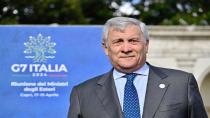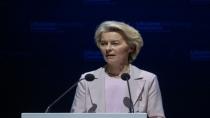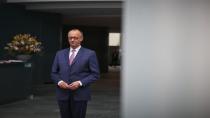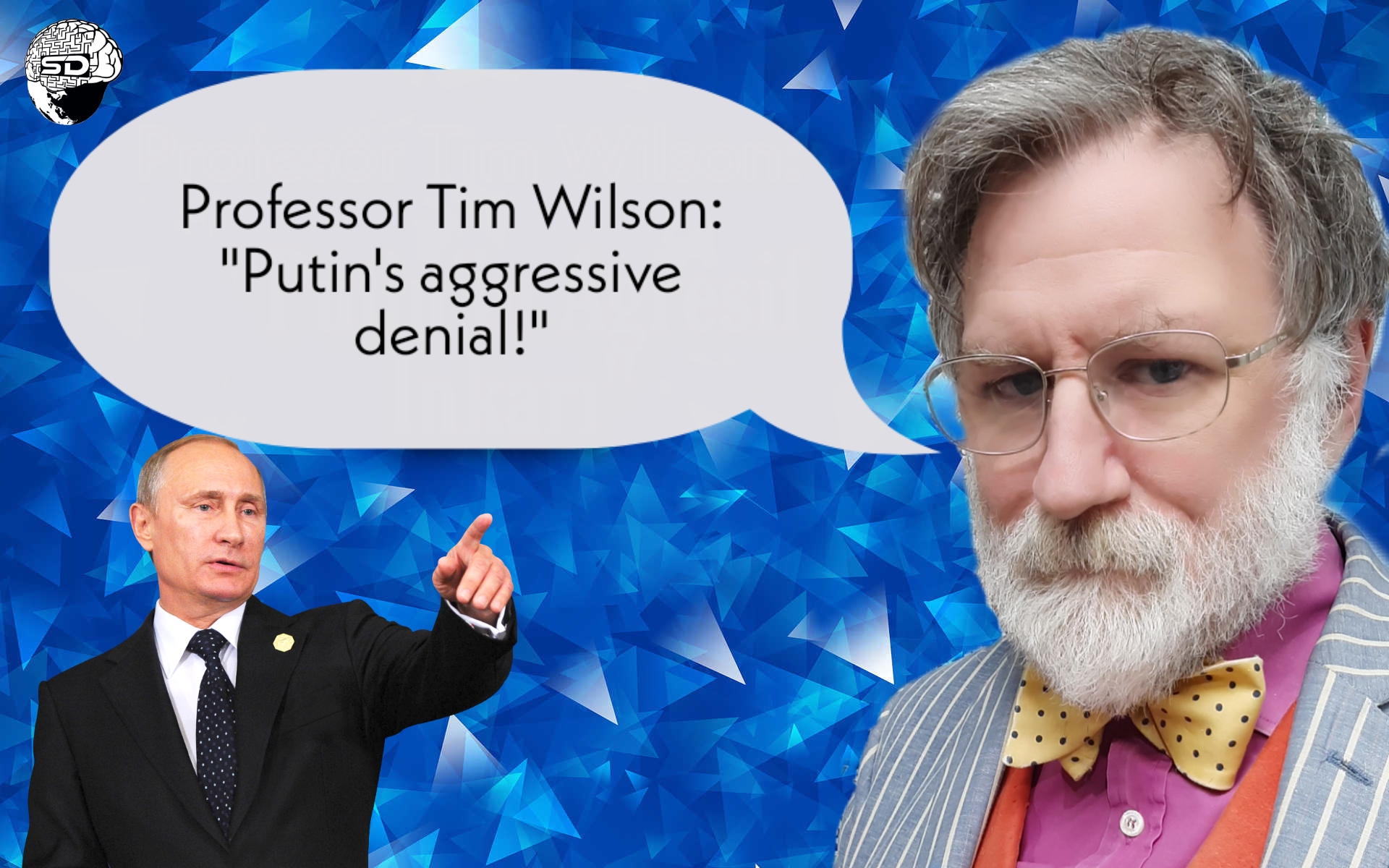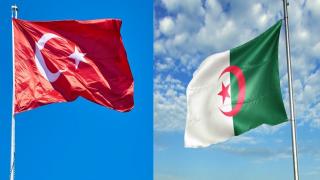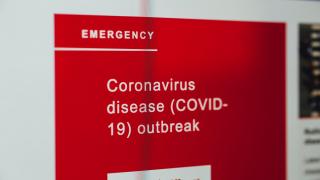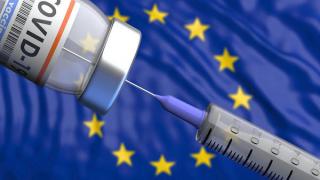British Professor Tim Wilson evaluated the developments in Russia on sivildusunce.com.
Wilson's analysis is as follows:
Novichok is familiar to me because it is the word used to describe a first-year student, what Americans call “a freshman”. For the last five years. I have been a professor in one of Russia’s leading universities and have met many fresh-faced Novichki. For most of us in the West, however, Novichock has another more sinister identity- it was the name of a military nerve agent used in the 2018 Salisbury to attack Sergey and Yulia Skripal. It was used again, according to German investigators, in a failed attempt on the life of Alexey Navalny. In the words of Mrs May, “Either this was a direct act by the Russian State against our country. Or the Russian government lost control of this potentially catastrophically damaging nerve agent and allowed it to get into the hands of others.” In other words, the use of Novichok in any instance represents either Kremlin malice or incompetence. The more often it is used and identified, the more Mr Putin has to explain.
The problem with Russia’s denials is that it already has form. In 2006, the exiled critic Alexander Litvinenko was poisoned with radioactive polonium and died in University hospital, London. The Russian secret service, the FSO was implicated in the case.
There are three main aspects to the Alexei Navalny story.
The first is that the Kremlin’s cack-handed and consistent response to Mr Navalny has turned the former 2007 blogger and critic into an international star and real political contender, the second is the embarrassment he has already caused the Kremlin and the third is the effort made to silence Navalny’s supporters and more specifically the attempt to invoke Covid regulations to stop the protest planned for Saturday 23rd January that, as I am writing has already attracting sizeable numbers in Moscow’s Pushkin square and in St Petersburg.
This is, in other words, a story that makes the current Russian administration look foolish, and in the last few days, Navalny’s allegations of corruption have become personal with the publication of a 2-hour video showing what is alleged to be a 1 billion dollar palace in its own complex the size of a small state on the black sea built apparently with money given secretly in return for political favours, a form of backshesh on a staggering scale.
The question really is whether even Navalny could have anticipated his own success. Much of it has been delivered to Navalny by an increasingly anxious Kremlin, initially to stop his bid to become Moscow mayor and later to stop him running against Putin as a Presidential candidate. Indeed, the more the Kremlin responds, the more powerful it makes Navalny. It is Putin’s response that makes Navalny so credible- the attempts to intimidate, silence and even kill Navalny suggests that what he is saying is true. Even in 2015, the Wall street journal described Navalny as the man Putin fears the most. So much so that, like Lord Voldemort, Putin will not even mention his name. He calls him “a certain force,” or “a character you mentioned”, but Putin’s friends, like former bodyguard Viktor Zolotov in 1018 have been more vocal. Zolotov challenged Navalny to a duel, accused him of libel and in a youtube video says : “I’ll make a nice juicy steak out of you” and “give you the spanking you deserve”.
On returning to Russia last week, Navalny knew he faced arrest on charges of fraud, of libelling an army veteran and of breaking a parole agreement put in place in 2014 following arrest an imprisonment for an offence dismissed by the EU. So, besides being outspoken, Navalny is unquestionably brave. It was the parole issue that was cited on his arrest and imprisonment, a matter the regular Kremlin spokesman called an “internal affair”.
There is some irony in the charges against Navalny: Navalny alleges staggering and specific corruption within the Kremlin and yet, he himself is now charged with embezzling money donated to his own campaign. At the end of December, coinciding with news that Navalny had recovered from poisoning, his suspended sentence, imposed in 2014 was due to end. But at this point, the Russian authorities demanded that he appear in Moscow or face further detention. And it is his failure to meet the 24 hour deadline that seems to be the charge holding him currently in Matrosskaya Tishina prison.
The support Navalny has received, however, is already staggering. The video he posted about Putin’s alleged corruption garnered 60 million views in 4 days, tiktok postings in his support over the same period have been viewed over 300 million times and the threatened marches, despite intense cold, an aggressive police crackdown, the arrest and detention of his spokesperson and lawyer, are already building up around the country.
Perhaps most damning of all was Navalny’s cheeky telephone call to konstantin Barishovich Kadryachob, a FSB agent who was tricked into confirming that he was responsible for cleaning up the scene after Navalny’s poisoning and that the Novichok had been put in Navalny’s underwear. Had Navalny’s plane not made an emergency landing and had he not been given immediate medical help, Kadruyachob was sure the poison would have been efficacious. This call came only a couple of days after Putin himself on 17th December had a testy exchange with a BBC reporter, Steve Rosenberg referring in his reponse to “the famous blogger” and “this patient in the Berlin clinic”. Putin said, “who needs him anyway? If [they] wanted to, they would've probably finished it. But in this case, his wife asked me, and I immediately gave the order to let him out of the country to be treated in Germany... This is a trick to attack the leaders [in Russia].”
Putin’s aggressive denial is matched by a wide campaign to discredit Navalny. The allegations of fraud are probably not credible as similarly Putin’s sweeping dismissals of the opposition leader as someone with “delusions of grandeur” and a persecution complex. The internet makes it harder, though, to censor news in any traditional way, so, while Navalny is rarely mentioned on mainstream tv broadcasts or in the official press, his story dominates social media and even if the police and Russian authorities manage to disperse the crowds this afternoon, the damage to the Kremlin’s authority has been done.
Navalny, for his part shows no signs at all of going away any time soon. And he has made efforts to protect himself. Any attempt, for example, that the prison authorities might make to stage his suicide in prison are already anticipated by a positing Navlny has made saying he is not suicidal and, in addition, that he has already strenuously denied the allegations against him. Moreover, while the Kremlin might say this is an internal matter, it is difficult to dismiss Western support, and it will become harder and harder for Moscow to ignore the European judgement that his 2013 conviction was an “arbitrary application of the law.” It is this case which was commuted into a suspended prison sentence and this case that forms the basis of Navalny’s current detention. More significantly, as time goes on, it will become harder for Moscow to ignore the both the German and British evidence of Novichok poisoning. At some point Mr Putin will have to answer Mrs May’s clear question about the poison itself- is its use as a weapon evidence of incompetence or of malice.
TIM WILSON



